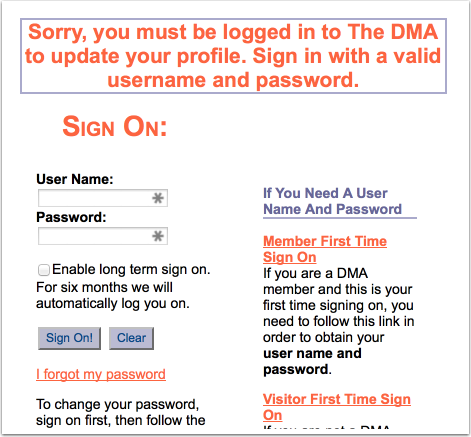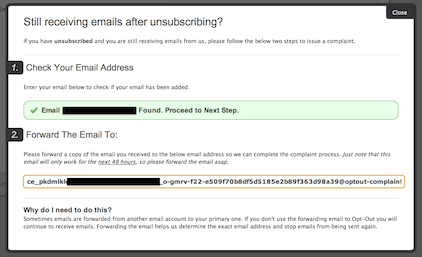Recipients need to be able to unsubscribe
The The Canadian Radio-television and Telecommunications Commission (CRTC) announced today that Plentyoffish Media paid a $48,000 fine for CASL violations. According to the CRTC news release, Plentyoffish Media was failing to allow consumers to unsubscribe from mail in compliance with CASL.
CASL requires that any commercial electronic email message contain an easy and free unsubscribe mechanism. Plentyoffish sent mail to its members without an unsubscribe mechanism. According to their webpage (HT: Sanket) there were some messages that users were unable to opt-out of without closing their account.
You can stop message notifications (sent out when you get a message) in Mail Settings. Unfortunately you cannot stop the “latest match” emails – if these are a problem we’ll delete your account upon request. PoF FAQ.
There are a couple of takeaways here.
The first is that, again, the CRTC did not impose the highest fine possible. When the law came into effect, there were some concerns that the CRTC would be driving companies out of business by imposing maximum fines for CASL violations. While we only have two enforcement actions, neither of them involved the maximum fine, even when there was a blatant violation of the law. This isn’t a law being enforced in a way that is going to destroy email marketing a we know it. Instead, the law is being used to protect consumer interests.
The other is more a more general point. Some senders don’t want to provide opt-outs for customers. This sounds great for the sender. But failing to offer an unsubscribe link from mail can result in delivery problems. The free webmail providers and many of the cable companies track “this is spam” hits and automatically direct future mail from that sender to the recipient’s bulk folder. Recipients can also create filters and totally block mail from senders.
When senders control the opt-out, rather than relying on FBLs and complaints, it gives them more control over their mail stream. They can attempt to re-engage users through non-email channels and recapture that subscriber at a later date. When the mail is going to the bulk folder based on user filters, the user has to actively change the filter to start receiving the mail again.
Overall, letting recipients unsubscribe, even from mail senders don’t think they should unsubscribe from is a net benefit to senders. In the case of Plentyoffish Media, it would have saved them nearly 50,000 dollars.


